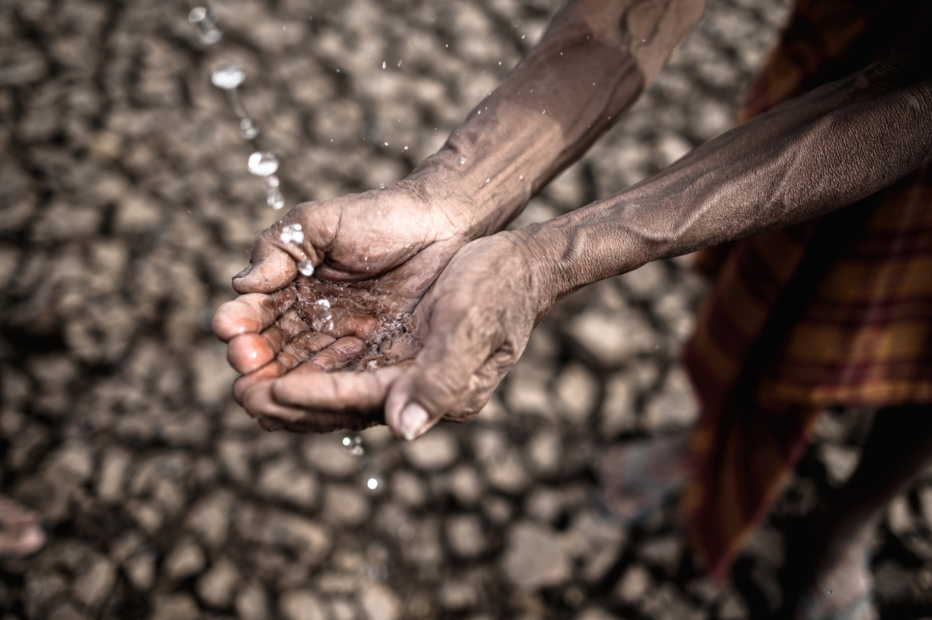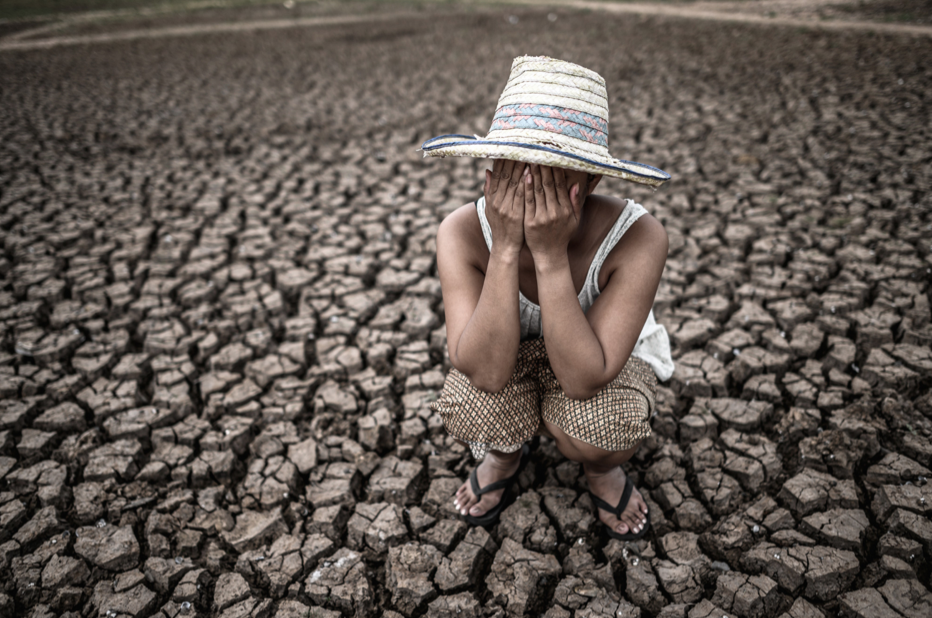On many occasions in my life I have not had easy or continuous access to water, therefore, I know first-hand how difficult it is to live without that vital liquid being within reach of a twist of the wrist.
The UN (United Nations Organization) estimates that 1.4 million people die annually and 74 million will have their lives shortened due to diseases related to poor water, sanitation and hygiene.
For this reason, World Water Day is celebrated on March 22, an opportunity to unite in favor of preserving it and together accelerating progress that limits the problems found throughout its cycle. Issues that are undermining global progress on issues such as health, hunger, education, natural disasters and lack of peace.
Water is a fundamental resource for everyone, as it is essential for human survival. A person can go without food for up to 40 days, but only a maximum of 5 days is he able to survive without drinking water. Furthermore, its lack slows down economic development and of course, the preservation of the environment.

Image: FreePik.com
Quoting the UN again today, 1 in 4 people (2 billion) around the world lack safe drinking water. In many Latin American countries, the supply of drinking water, especially in rural areas, is limited. Knowing that we need this liquid to drink, cook, wash and maintain personal hygiene, it is terrifying to think about the serious consequences that its shortage can have on people's health.
Water makes our planet different, because thanks to it we can manage agriculture and livestock, essential economic activities for many Latin American countries. Water is essential for irrigating crops and for animal consumption, so its lack can seriously affect agricultural and livestock production, generating a negative impact on the region's economy.
Our world today runs on electricity, and much of it is generated through hydroelectric plants. Water is used to move the turbines that generate the energy consumed in the region, so its availability is essential for us to continue enjoying the advantages of electricity.

Image: FreePik.com
But I think the most important point is that water is an essential resource to maintain the biodiversity and ecological balance of the ecosystems of Latin America and the world. Many species of animals and plants depend on water for their survival, including us, and water scarcity can have serious consequences for biodiversity.
The UN predicts that global demand for water (in water withdrawals) will increase by 55% by 2050. This means that if we do not reserve our rivers, lakes, seas, tributaries and those spaces where this liquid on which we all depend originates , by the time that time comes, humanity will have many more problems surviving in peace.
The UN tells us that the most popular actions that can be carried out in Latin America to preserve water are:
- Save it:
- Take shorter showers and don't leave the tap running when brushing your teeth, washing dishes, or preparing food.
- Stop contaminating it:
- Do not flush leftover food, oil, medications or chemicals down the toilet or drain.
- To protect the nature:
- Plant a tree or create an infiltration garden; use natural solutions to reduce the risk of flooding and store water.
Therefore, when you open that faucet, do so with the awareness that every drop is well used, and even recycled, if possible, since water is an essential resource for everyone, its availability affects many aspects of life on the planet. , from the health of people to the economy of entire countries and the environment in which we all live. Therefore, let's be responsible for the water we use.



